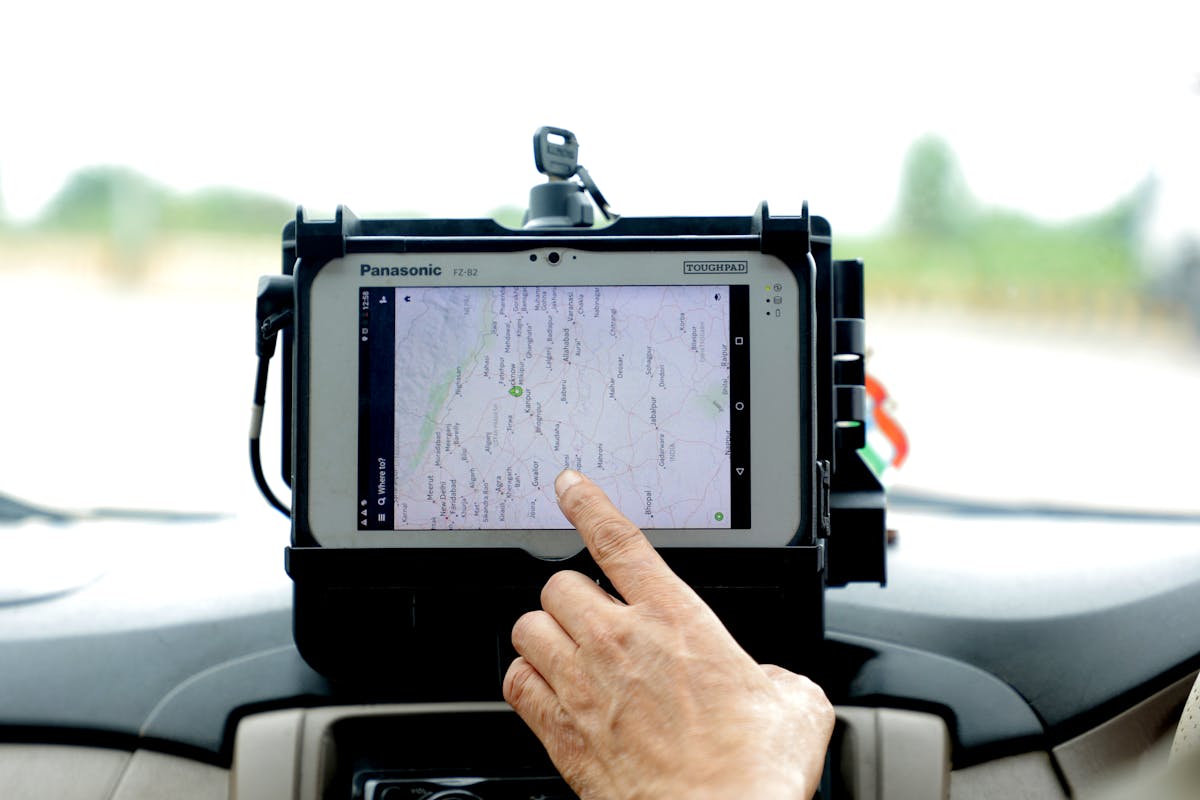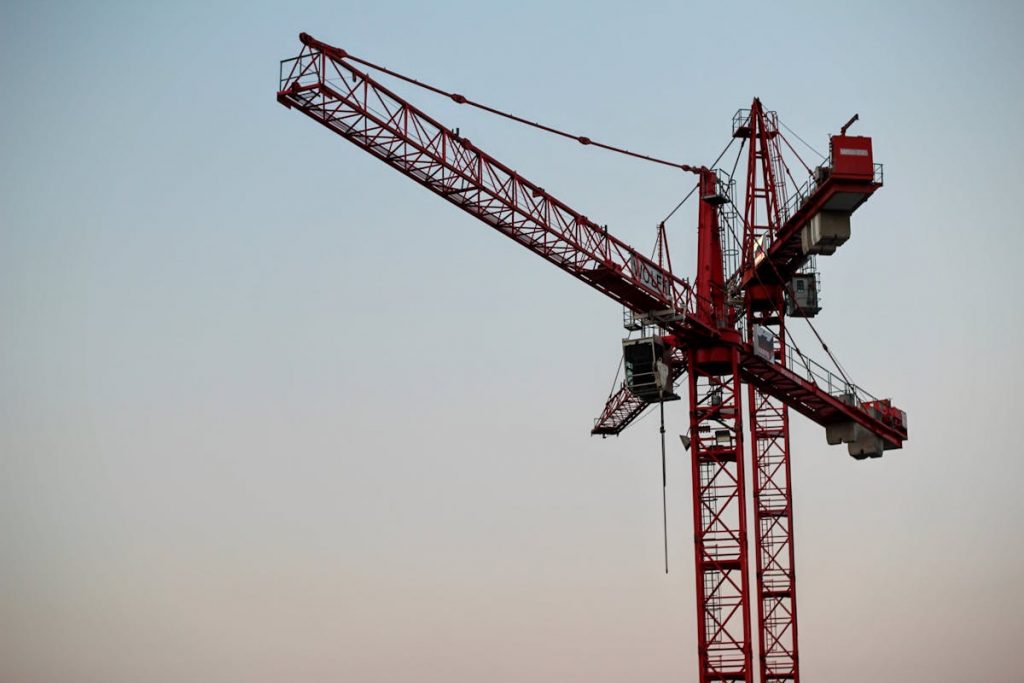- Effective heavy equipment management involves creating a comprehensive maintenance schedule for peak performance.
- Employee training on proper equipment usage and maintenance is crucial for safety and longevity.
- Implementing a system for equipment allocation ensures optimal project management and equipment utilization.
- Renting or leasing equipment offers a cost-effective solution for expanding capabilities without full investment.
In the construction industry, heavy equipment is crucial in getting the job done efficiently. From excavators and bulldozers to cranes and dump trucks, these machines are essential for any construction firm looking to grow and take on more significant projects.
However, managing heavy equipment can be challenging, especially for growing construction firms that may not have the resources or experience of larger companies. This blog will discuss essential tips to help growing construction firms effectively manage their heavy equipment and ensure the success of their projects.
Create a Comprehensive Maintenance Schedule
Heavy equipment is a significant investment for any construction firm, and it’s crucial to keep them in good working condition to ensure maximum productivity on the job site. One of the best ways to do this is by creating a comprehensive maintenance schedule for all equipment.
A maintenance schedule should include regular inspections, oil changes, and other necessary upkeep tasks. It’s also important to document all maintenance activities and keep track of any repairs or replacements needed. By following a maintenance schedule, construction firms can prevent costly breakdowns and ensure their equipment remains in top working condition.
Train Employees on Proper Usage and Maintenance
Another crucial aspect of managing heavy equipment is ensuring that employees are adequately trained in its usage and maintenance. This includes understanding safety guidelines, operating procedures, and performing routine maintenance tasks.
Proper training can help prevent accidents, minimize downtime due to user errors, and ensure that equipment is used efficiently. Make sure to invest in adequate training for all employees who operate heavy equipment to ensure their safety and the longevity of the machines.
Implement a System for Equipment Allocation
Properly allocating equipment is essential for efficient project management. Construction firms should have a system in place for tracking which equipment is being used on specific projects and for how long. This can help prevent double booking of equipment and ensure that it’s being used to its full potential.
A good system should also include a way to prioritize equipment needs, especially if multiple projects have competing demands. By implementing a clear allocation system, construction firms can minimize downtime and maximize the use of their heavy equipment.
Consider Renting or Leasing Equipment
For growing construction firms, buying new heavy equipment may not always be feasible. In these situations, renting or leasing equipment can be a cost-effective solution. Renting or leasing allows construction firms to access the latest and most advanced equipment without committing to a long-term purchase.
This option also eliminates the need for maintenance and storage of equipment, which can save time and resources. For example, renting a tower crane for a specific project may be more cost-effective than purchasing one outright. Tower crane rentals are especially useful for projects with varying heights and timelines, making it a smart choice for growing construction firms. Just make sure to choose a reputable rental company that offers well-maintained equipment.
Utilize Technology
As technology continues to advance, it has become an invaluable tool for managing heavy equipment. Here are four ways technology can help construction firms effectively manage their heavy equipment:
GPS Tracking
This allows construction firms to keep track of where their equipment is at all times, ensuring its security and preventing theft. It can also help monitor usage and track fuel consumption.

Fleet Management Software
This software can provide real-time data on equipment location, performance, and maintenance needs. This information can aid in decision-making for project scheduling and resource allocation.
Telematics
By installing telematics devices on heavy equipment, construction firms can gather data on usage patterns, engine health, and fuel consumption. This information can help identify areas for improvement and lead to more efficient operations.
Maintenance Apps
There are numerous mobile apps available that allow construction firms to track maintenance schedules, document repairs, and monitor equipment performance. These apps make it easier than ever to stay on top of equipment maintenance and minimize downtime.
By utilizing technology, construction firms can streamline their equipment management processes and improve overall efficiency.
Effectively managing heavy equipment is pivotal for the growth and success of construction firms. Companies can significantly enhance their productivity and project outcomes by cultivating a culture of diligent maintenance, employee training, and strategic equipment allocation.
Renting or leasing equipment presents a viable option for those aiming to expand their capabilities without immediate full investment, whereas leveraging technology can streamline operations and furnish insightful data for making informed decisions. By incorporating these strategies, growing construction firms can optimize their heavy equipment usage and position themselves competitively in the bustling construction industry.





